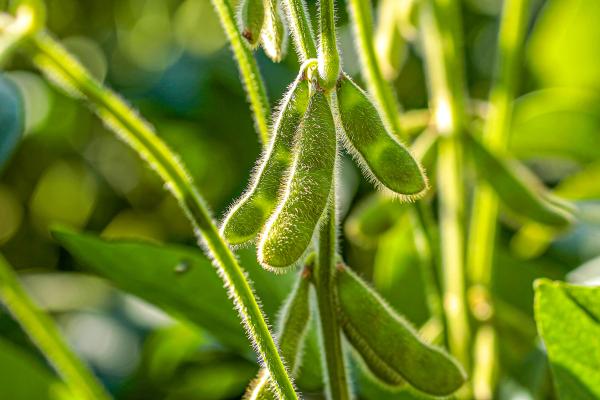Filter by
News announcements (444)
RSS
Even in winter, Europe’s warmer, coastal regions are among the preferred destinations – out of the top 10 most visited, seven are in the south.

The new JRC site in Seville will be an example of sustainability and innovation.

The Atlas of migration uses data to frame migration drivers and dynamics.

Graphs and details of a year in which global research and development investment reached an all-time high.

A JRC study reveals passive social media use correlates to loneliness, while active engagement does not.

What happens to old batteries? Better classification, collection, and recycling will help recover valuable (critical) raw materials.

The norms stem from a JRC-led process involving industry, EU public authorities, and environmental NGOs.

Growing air passenger traffic sends more emissions in the atmosphere – an obstacle to aviation net-zero emissions by 2050.

If current disease prevalence remains constant, doctor and nurse numbers would need to grow by 30% and 33% respectively by 2071 to meet demand of ageing population.

A JRC-Eurostat set of globalisation indicators shows for the first time challenges and opportunities for the EU as single entity.

Droughts are increasingly affecting economic sectors, financial systems, populations and ecosystems worldwide.

JRC helps tackle food fraud by developing new tools to detect fraud in spices, herbs, and fish.

A new report published by the JRC identifies 18 product groups with significant potential for sustainable design improvements.

Climate change is making wildfires more common, dangerous, and difficult to fight.

New Atlas analyses urban and population patterns from 1975 to 2030.

But debunking is slightly more effective.

New assessment report shows extent of damage to soil in Europe.

First-of-its-kind information hub brings together EU industrial stakeholders to foster innovative technologies.

New certified clinical reference materials show promise in fight against beta-thalassemia.

A combination of production-related measures and healthier, more plant-based diet can help tackle EU’s vulnerability related to high-protein feed and benefit the environment.
